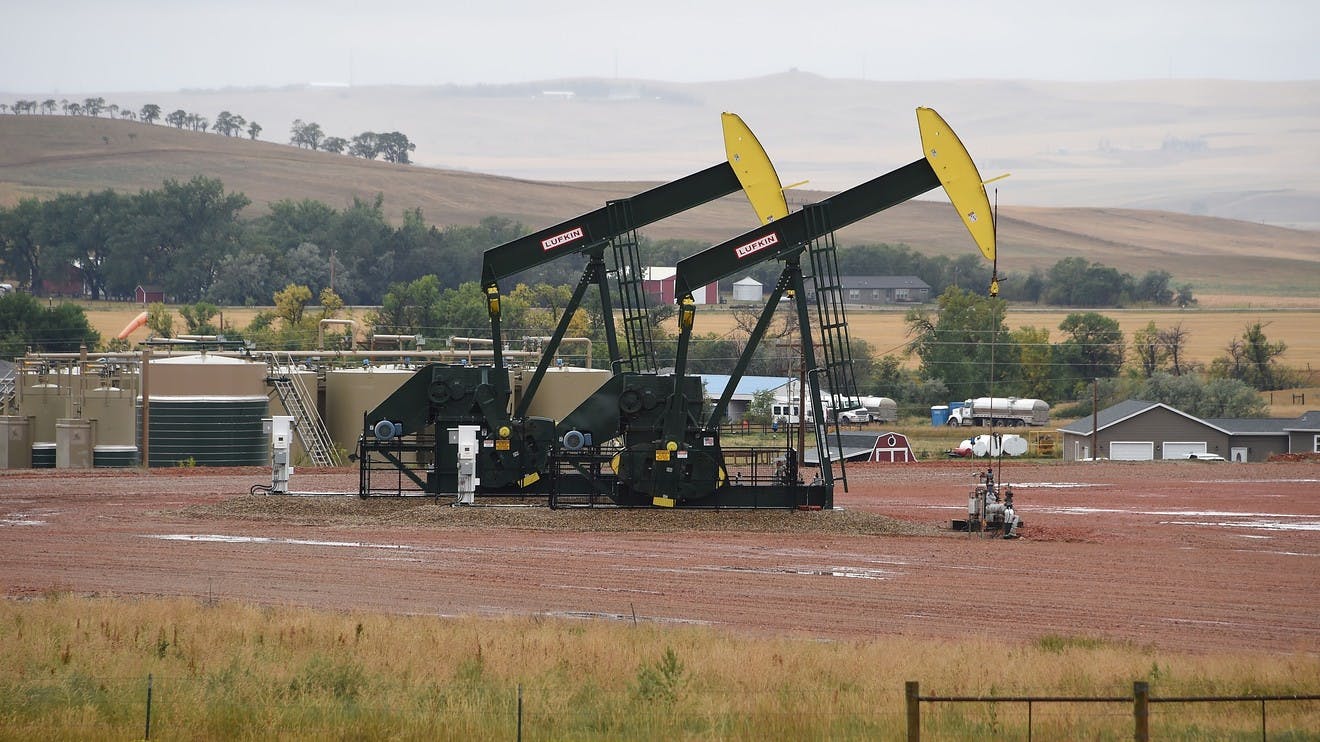 MarketWatch
MarketWatch
The U.S. shale-oil industry may collapse, new report says, after Goldman warns crude is set for a fall
The U.S. shale-oil industry may collapse due to the sharp fall in oil prices because of the coronavirus pandemic, a new influential report predicts.
The demand for and price of oil tumbled due to the economic slowdown and have since begun to recover, but Australian think tank the Institute for Economics and Peace warns that a low price will affect political regimes in the Middle East, especially in Saudi Arabia, Iraq and Iran.
Read more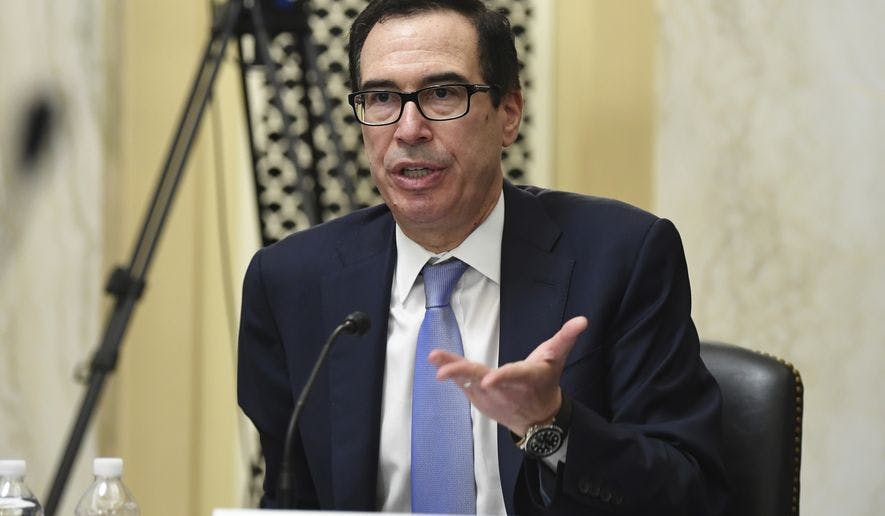 Washington Times
Washington Times
Mnuchin: Another round of economic rescue legislation is 'definitely' needed
Treasury Secretary Steven T. Mnuchin on Wednesday endorsed a new round of federal spending to help the U.S. climb out of a steep economic downturn from the coronavirus crisis, a marked shift from the administration’s previous “wait-and-see” approach after already spending trillions to save the economy.
“I definitely think we are going to need another bipartisan [bill] to put more money into the economy,” Mr. Mnuchin told members of the Senate Small Business Committee.
Federal Reserve Chairman Jerome H. Powell also nudged the White House and Congress to do more, saying the public health emergency could continue to take a significant economic toll in the near-to-medium term.
Read more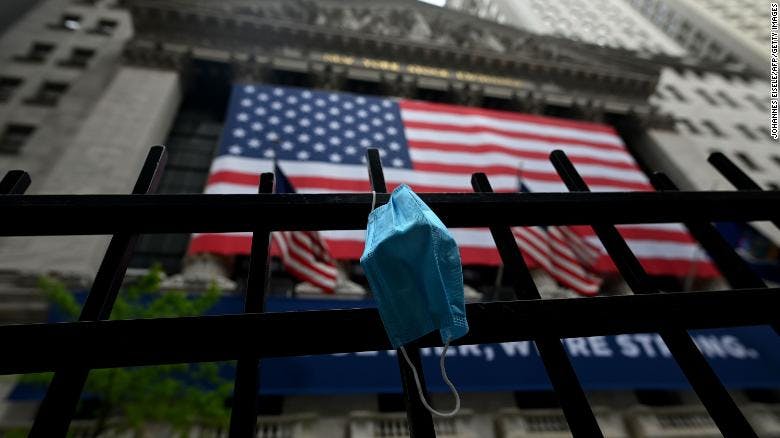 CNN
CNN
Fed says it will keep stimulus coming for years
The Federal Reserve left interest rates unchanged Wednesday and committed to maintaining its unprecedented stimulus plan until the economy "has weathered recent events."
That means it could be years until interest rates rise again. The Fed's "dot plot", which reflects the forecasts of the central bank's policy makers, isn't showing any rate hikes this year or in 2021. Even in 2022, the majority of policymakers believe rates will remain at the current rate levels.
"We're not thinking about raising rates -- we're not even thinking about thinking about raising rates," Fed Chairman Jerome Powell told reporters during Wednesday's press conference.
Read more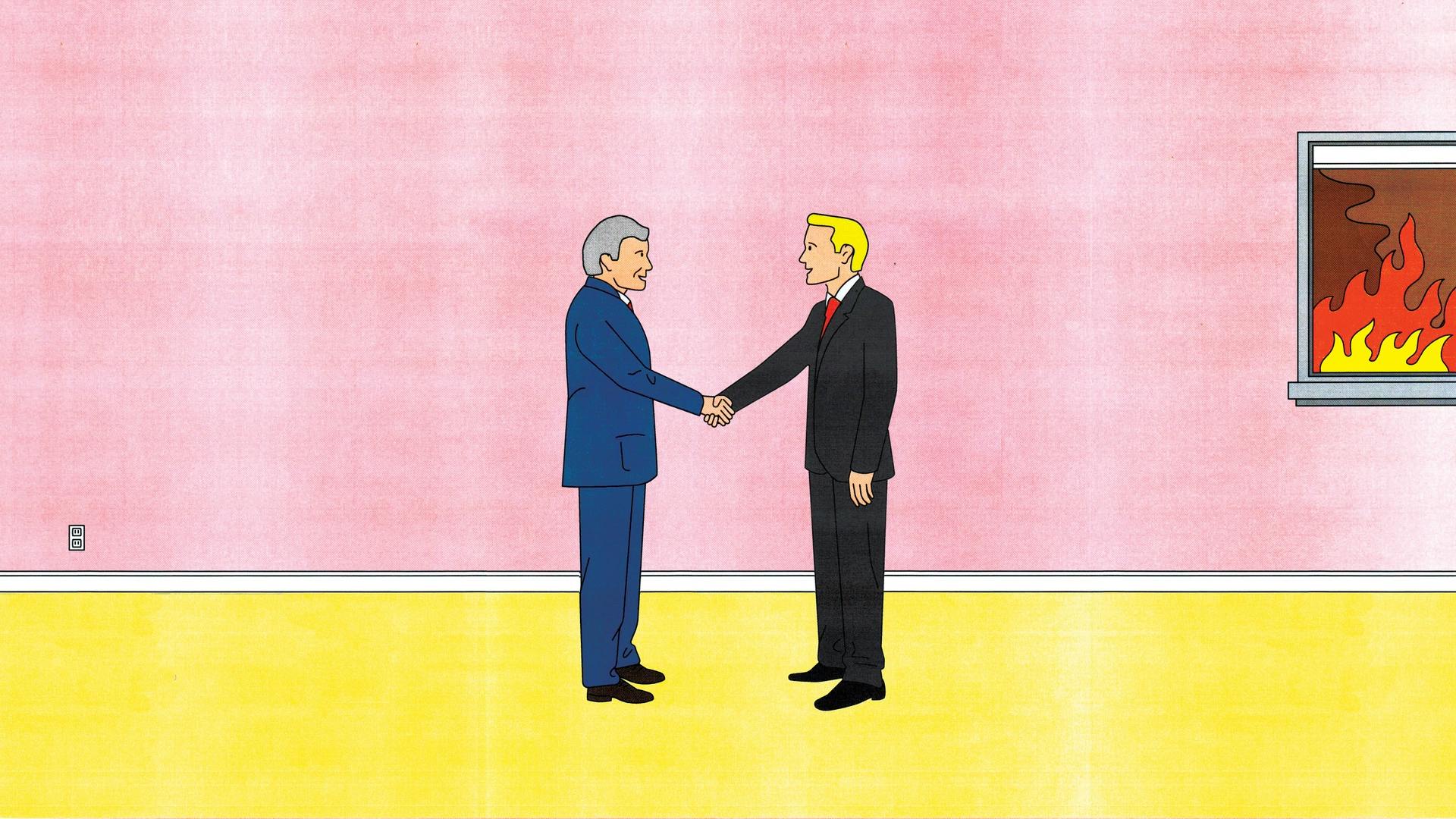 The Atlantic
The Atlantic
The Looming Bank Collapse
After months of living with the coronavirus pandemic, American citizens are well aware of the toll it has taken on the economy: broken supply chains, record unemployment, failing small businesses. All of these factors are serious and could mire the United States in a deep, prolonged recession. But there’s another threat to the economy, too. It lurks on the balance sheets of the big banks, and it could be cataclysmic. Imagine if, in addition to all the uncertainty surrounding the pandemic, you woke up one morning to find that the financial sector had collapsed.
You may think that such a crisis is unlikely, with memories of the 2008 crash still so fresh. But banks learned few lessons from that calamity, and new laws intended to keep them from taking on too much risk have failed to do so. As a result, we could be on the precipice of another crash, one different from 2008 less in kind than in degree. This one could be worse.
Read more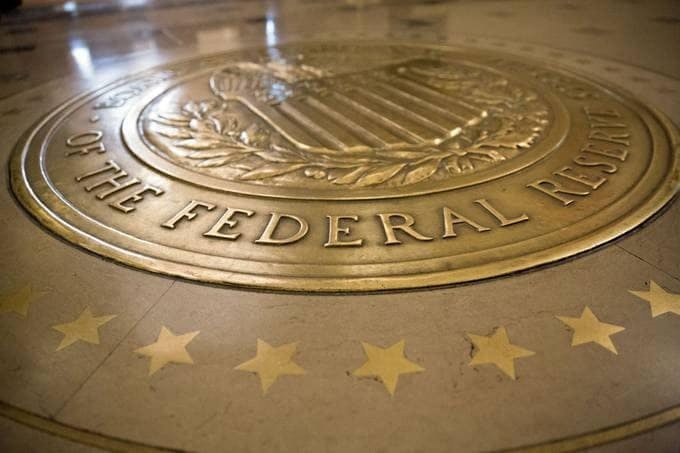 Washington Post, The Energy 202
Washington Post, The Energy 202
Federal Reserve's changes to lending program could be boon to hurting oil companies
Changes the Federal Reserve made to its soon-to-start lending program for midsize companies could give ailing oil producers more time to pay off loans and easier access to money as they try to make it through the coronavirus pandemic.
Oil lobbyists are eyeing the central bank’s Main Street Lending Program as a lifeline for companies struck hard by the downturn in oil prices amid the stay-at-home orders to stop the spread of the virus. The program is part of a massive stimulus effort aimed at all sectors of the economy to help it survive the economic downturn sparked by the pandemic.
Read more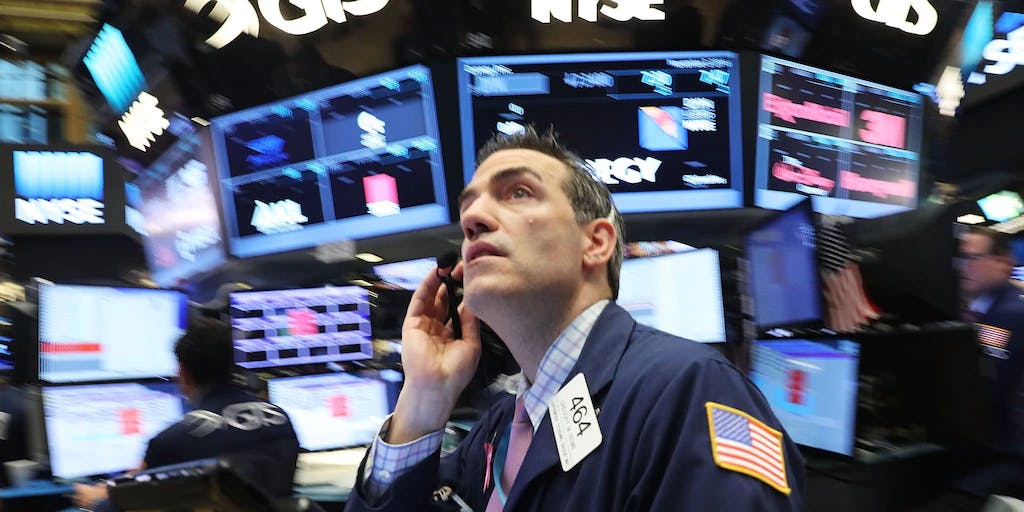 Business Insider
Business Insider
US stocks fluctuate as Fed signals continued economic stimulus efforts
US stocks whiplashed in a volatile trading session Wednesday after the Federal Reserve signaled that it will continue its efforts to provide economic stimulus to aid the US recovery from the coronavirus pandemic.
The Fed also forecast that it would keep interest rates near zero through 2022.
"What is surprising is that on the heels of some v-shape recovery indicators, the Fed sees structural fragility in the US economy," said Mike Loewengart, managing director of investment strategy at E-trade. "Powell has made it clear that he will continue to rely on his full range of tools to keep the US economy healthy as jobs and inflation continue to come under historic pressure.
Read more